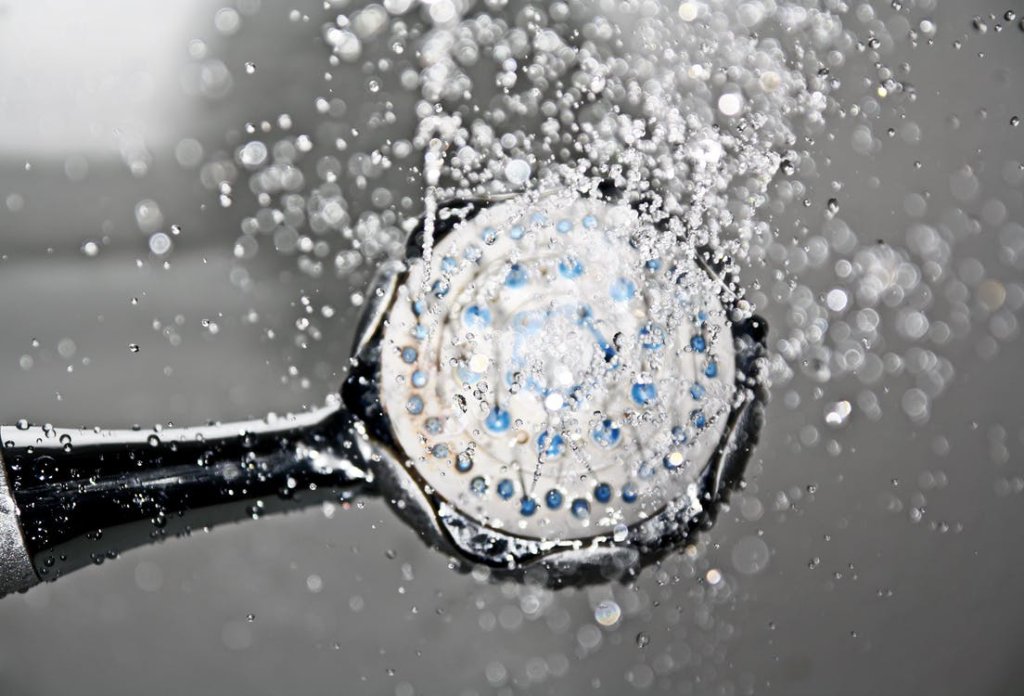January was a particularly cold month in Fort Worth, with temperatures going as low as 34 degrees. While the days were bearable, the nights had us curling up under our blankets.
This is why a constant supply of running hot water is non-negotiable. But this isn’t possible if your water heater doesn’t function properly.
Showering with cold water in winter is uncomfortable, to say the least. Abrupt exposure to icy-cold water can cause your blood pressure to shoot up and potentially leads to heart stress as well.
So if you want to prevent health problems, you need to know when to replace your water heater.
Here are four signs that mandate a replacement:
If Your Water Heater Unit is Old
If you can’t recall when you bought your water heater, it’s probably old enough to have outlived its life. If you want to be sure of its manufacturing date, you can look up the serial number on the manufacturer’s sticker.
In case it’s older than ten years old, you need to start looking at new models, as it will start malfunctioning soon.
Rusty Water
If the water that’s coming out of your plumbing fixtures is brown or rusty, it’s possibly due to the fact that the inside of the water heater has corroded. However, this isn’t all there is to this problem. It won’t be long before the corrosion eats away at the metal, and the heater unit starts leaking.
Before you get your water heater replaced, you need to be sure that the rusty water is from the heater. So turn on the hot water and fill up a bucket. Repeat the process with cold water and then compare the water. If the hot water is rusty, you need a heater replacement.

Insufficient Heating
You shouldn’t have to wait in the shower for the water to get warm enough or (worse) rush through it because the hot water runs out.
If your heater is not heating water enough, it’s time to call a plumber. Sediment builds up over time and lines the water heater. This conceals the heat source and water fails to heat up or does too slowly. If the problem persists after repairs, you need a new heater.
Rumbling Noise
The sediment at the base of the heater gets reheated each time the heater is turned on. This eventually hardens the sediment, which bangs against the sides while the unit is turned on and the water is being heated.
This can cause cracks or holes to form in the unit if the problem persists. Even though leaks show up later, the noise is an early giveaway that your water heater needs to be replaced.
Are you looking for plumbers who can repair or replace water heaters in Fort Worth? You’ve come to the right place. Call us for any plumbing services by clicking here.

